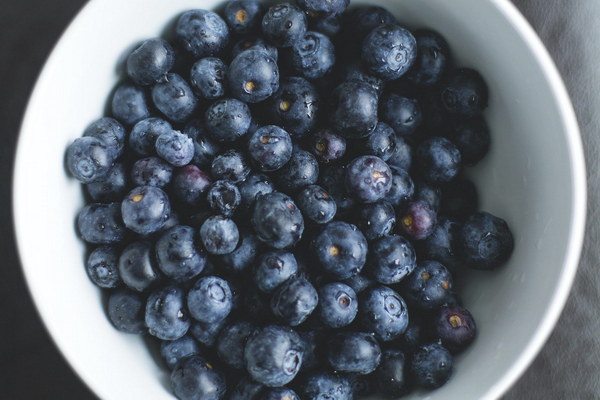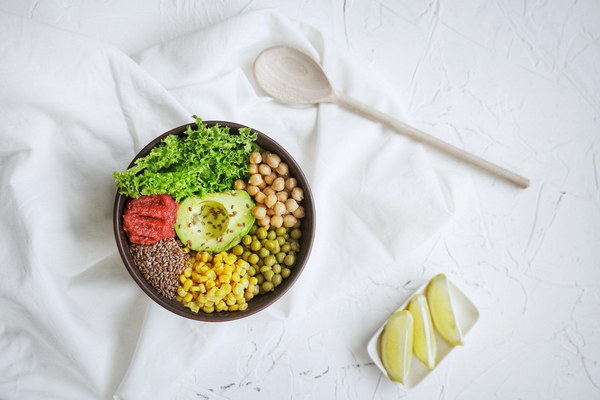Natural Remedies for Nourishing Your Body After Overuse of Western Medications
Introduction:
In the quest for health and wellness, many individuals turn to Western medicine for quick relief from their ailments. However, overuse of prescription medications can sometimes lead to imbalances in the body, necessitating the need for natural remedies to restore harmony. This article explores various food-based supplements that can help nourish your body after excessive use of Western medications.
1. Importance of Nutritional Support
When your body becomes accustomed to the chemicals in Western medications, it may experience nutrient depletion. Nutritional support through diet can help replenish these vital nutrients and support overall well-being.
2. Boosting Immune System with Vitamins
One of the most critical aspects of recovery is strengthening the immune system. Including foods rich in vitamins A, C, D, and E can bolster your body's defenses.
- Vitamin A: Found in carrots, sweet potatoes, and kale, vitamin A is essential for maintaining healthy skin and mucous membranes, which are the body's first line of defense against pathogens.
- Vitamin C: Citrus fruits, berries, and bell peppers are excellent sources of vitamin C, which is known for its antioxidant properties and immune-boosting effects.

- Vitamin D: Fatty fish, such as salmon and mackerel, and fortified dairy products can provide adequate vitamin D, which plays a crucial role in immune function and calcium absorption.
- Vitamin E: Nuts, seeds, and leafy greens are rich in vitamin E, another powerful antioxidant that supports immune system health.
3. Protein for Muscle Repair
Medications can sometimes cause muscle weakness and fatigue. Incorporating protein-rich foods into your diet can aid in muscle repair and recovery.
- Lean meats: Chicken, turkey, and lean beef are great sources of protein.
- Fish: Fish like tilapia, cod, and halibut provide high-quality protein with omega-3 fatty acids for additional health benefits.
- Legumes: Beans, lentils, and chickpeas are excellent plant-based protein options.
- Dairy: Eggs, milk, and cheese can also contribute to your protein intake.
4. Fatty Acids for Brain Health
Medications can impact brain function, so it's important to consume foods that support cognitive health. Omega-3 fatty acids, found in fatty fish, flaxseeds, and walnuts, are particularly beneficial.
5. Hydration and Detoxification
Drinking plenty of water is crucial for overall health, especially after taking medications. Adequate hydration helps flush out toxins and supports kidney function. Additionally, herbal teas like ginger tea or dandelion tea can aid in detoxification.
6. Foods to Avoid
While certain foods can help replenish nutrients, others may exacerbate side effects or hinder recovery. It's best to avoid high-sodium foods, caffeine, and alcohol, as they can dehydrate the body and interfere with medication absorption.
Conclusion:
Overuse of Western medications can deplete the body of essential nutrients, but with a balanced diet rich in vitamins, minerals, and antioxidants, you can support your body's natural healing processes. By incorporating these natural remedies into your lifestyle, you can help nourish your body and promote long-term health and well-being. Remember to consult with a healthcare professional before making significant changes to your diet or medication regimen.









